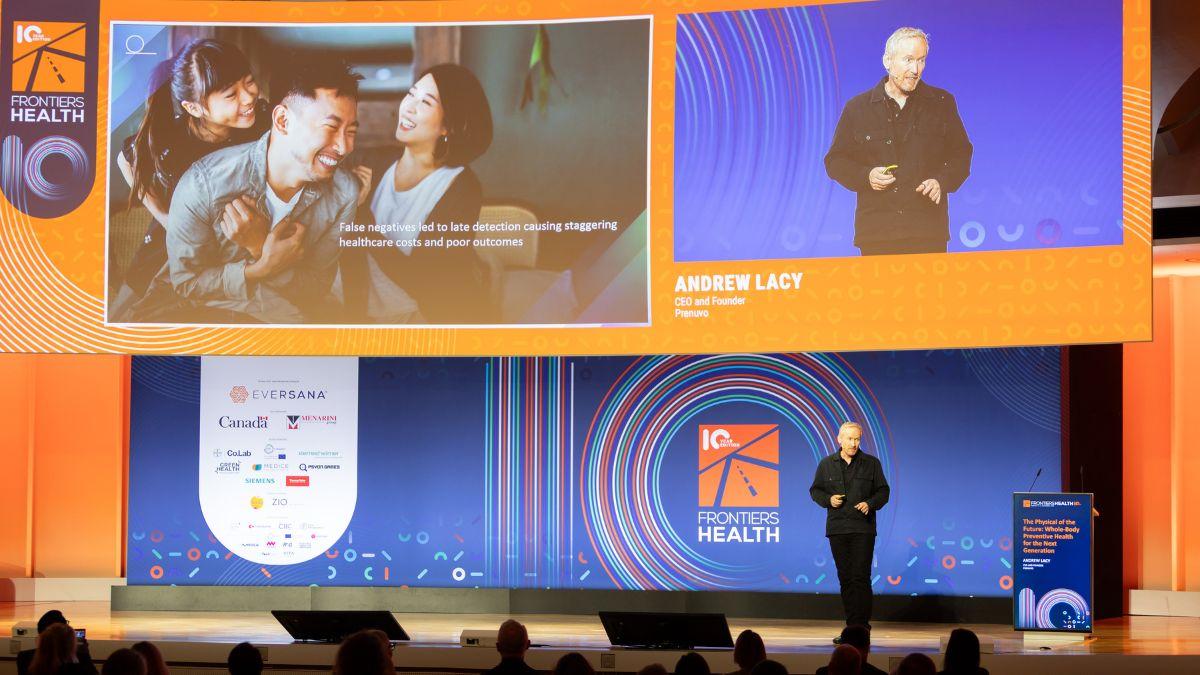Early cancer diagnoses reach record level in NHS

The proportion of people with cancer who get a diagnosis in the earliest stages of the disease has risen to a record level in England, but access to treatment remains a barrier to good outcomes.
The results from NHS England come from a study of 13 of the most common cancers – including breast, prostate, and lung cancers – and shows that 58.7% of patients are now being diagnosed at stages 1 or 2, when the cancer is easier to treat.
According to the health service, the record has been reached as a result of a major public awareness drive by the NHS in the last two years and the ramping up of screening tests for common cancers, including the use of mobile scanner units that have been deployed in community settings like shopping centres, stadiums, and supermarket carparks.
The current rate is a 2.7% gain on diagnosis rates seen before the pandemic and is equivalent to an additional 7,000 early diagnoses, said NHS England. However, other figures show that around a third of patients are missing the target of accessing treatment within 62 days of an urgent referral.
That is great news, but the potential impact of those improved diagnosis rates is offset by other problems facing the NHS, including long waiting lists for treatment, which means cancer survival rates in the UK are lagging behind other countries.
A study published last year, for example, found that UK patients were less likely to have chemotherapy or radiotherapy than their counterparts in Australia, Norway, and Canada, and – for those that did have treatment – the wait was significantly longer.
"Lives are saved when cancers are caught early – and following a major drive on early detection in recent years, it's really encouraging to see more people than ever are now being diagnosed at an earlier stage," commented Dame Cally Palmer, National Cancer Director for NHS England.
She acknowledged, however, that there is "still much more to do to save more lives," adding: "We will not let up in our efforts to catch more cancers earlier, where treatment is more likely to be successful."
Efforts will continue to make tests and checks closer to people who need them, continued Dame Cally, and "with new treatments being made available all the time, we will continue to do all we can to get people seen and treated for cancer as early as possible."












